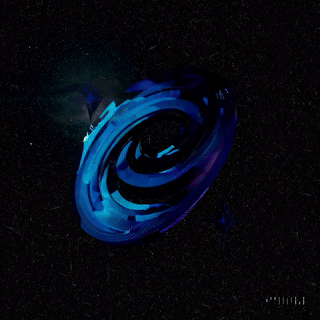The Monkey God Hanuman
Hanuman is a Varana, or a shapeshifting monkey-humanoid from the ancient Hindu epics the Ramayana, the Mahabharata, the Puranas, and Jain texts (Hinduism, Jainism, and Buddhism). He is a steadfast devotee of the god Rama (the seventh incarnation of Vishnu) and is an intricate part of the war against the demon king Ravana. Some texts … Read more
